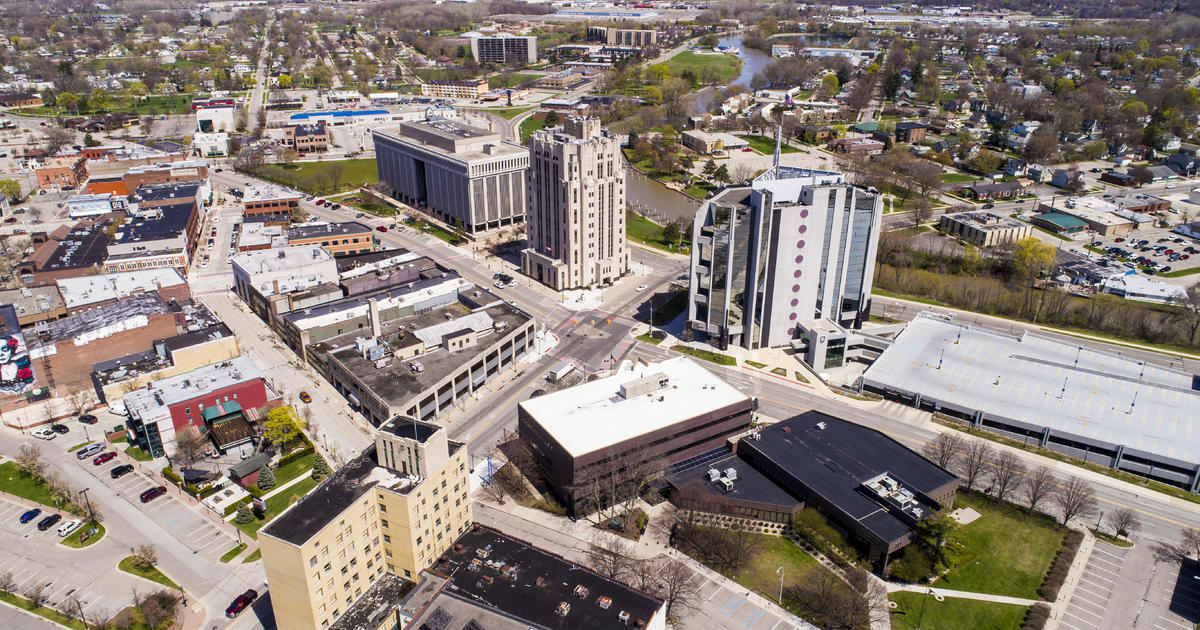Sleeping Too Little May Contribute To Depression
DETROIT (WWJ) - Disrupted sleep is often a symptom associated with mood disorders, like depression, but researchers now believe that sleep problems may be a contributing factor in causing these disorders.
Scientists presenting at the American College of Neuropsychopharmacology annual meeting reported significant changes in brain structure and responses in sleep-deprived rats, which mimic the changes seen in the brains of people experiencing depression.
"For a long time, sleep problems have been viewed as a consequence of depression. What we're showing is that in some cases, sleep problems may be causing depressive symptoms," Peter Meerlo, Ph.D., said in a statement. "We may need to think about addressing sleep problems independent of the mood disturbances in patients with depression."
Meerlo looked at how sleep loss impacts specific neural circuits and chemical responses associated with depression. They found that after one week of only four hours of sleep a day, the rats demonstrated reduced sensitivity in the areas of the brain that regulate neurotransmitters and hormones associated with mood disorders.
Changes appeared in the hypothalamus-pituitary-adrenal axis, areas of the brain that control reactions to stress and regulate mood and emotions. After one month of restricted sleep, the hippocampus – the area of the brain associated with memory and cognitive function – had decreased volume and produced fewer new cells.
Meerlo and his team measured the magnitude of physiological changes in response to a serotonergic injection as an indication of the sensitivity of the serotonergic system, which regulates mood in the body.
At one week and one month, researchers observed a diminished response similar to that seen in people with depression, a sign that their brains were less efficient in transmitting serotonin signals.
Researchers also looked at the animals' ability to recover from lost sleep. Following a week of sleep restriction, animals were allowed unlimited sleep for one week to test how their systems recovered. Researchers saw that an entire week of recovery sleep was needed to increase the sensitivity of their serotonin 1A receptor back to original levels.
Meerlo said the slow rate of recovery is one of the most surprising and important outcomes of the study.
"It argues against the idea that our brains can quickly recover from sleep loss. You might feel subjectively more rested after recovery sleep, but there still may be traces of the sleep loss in your brain," he said.



